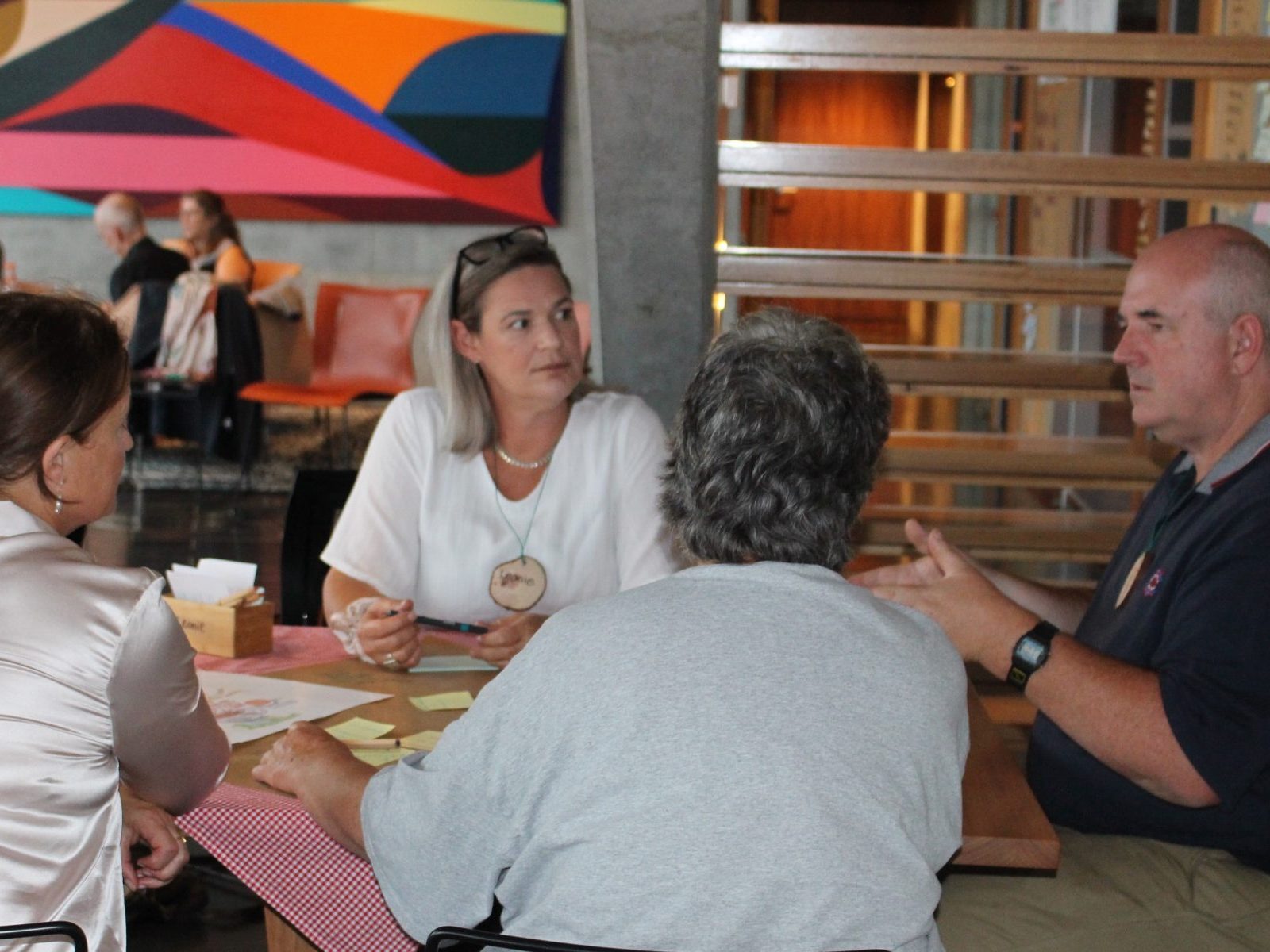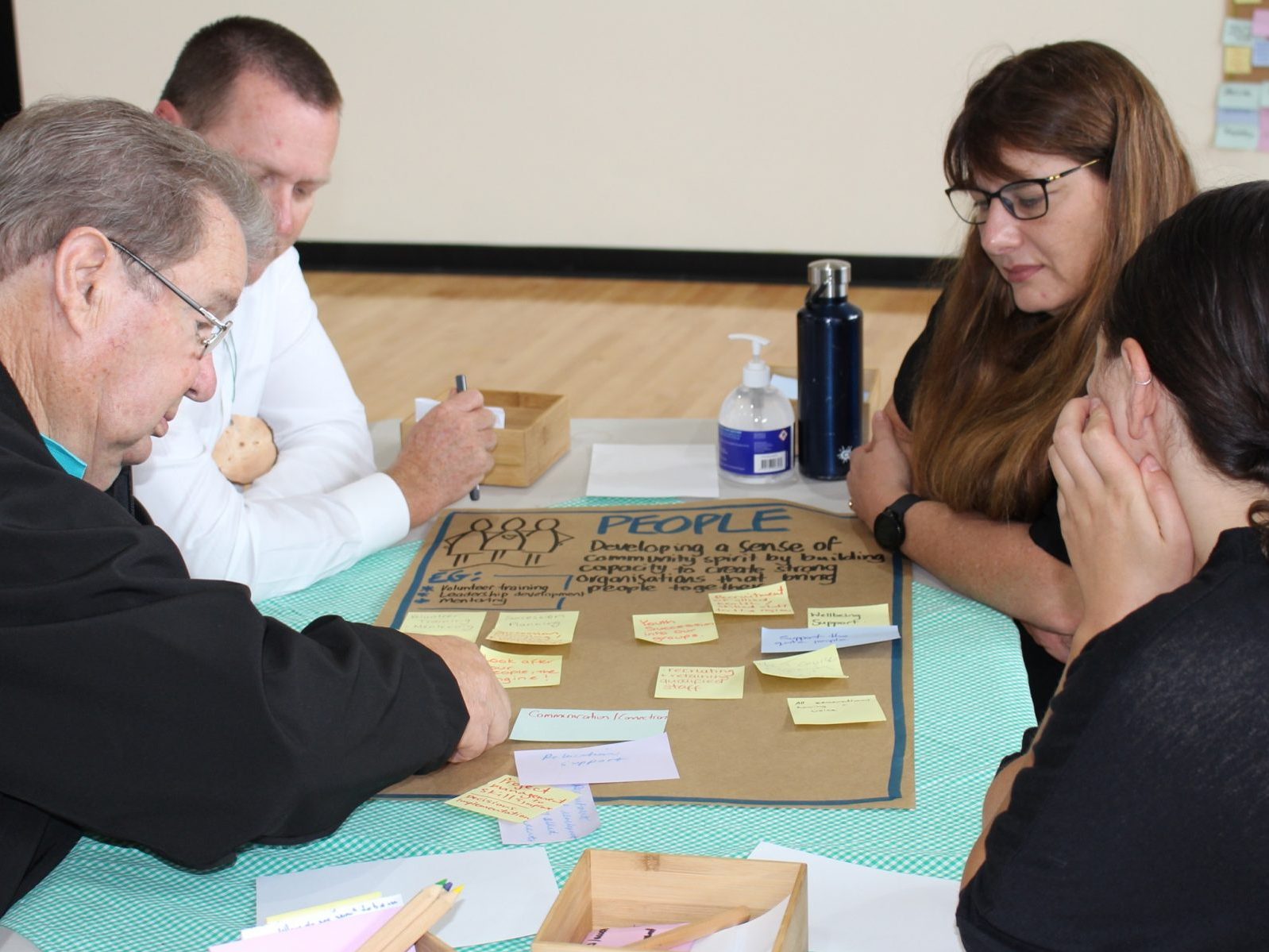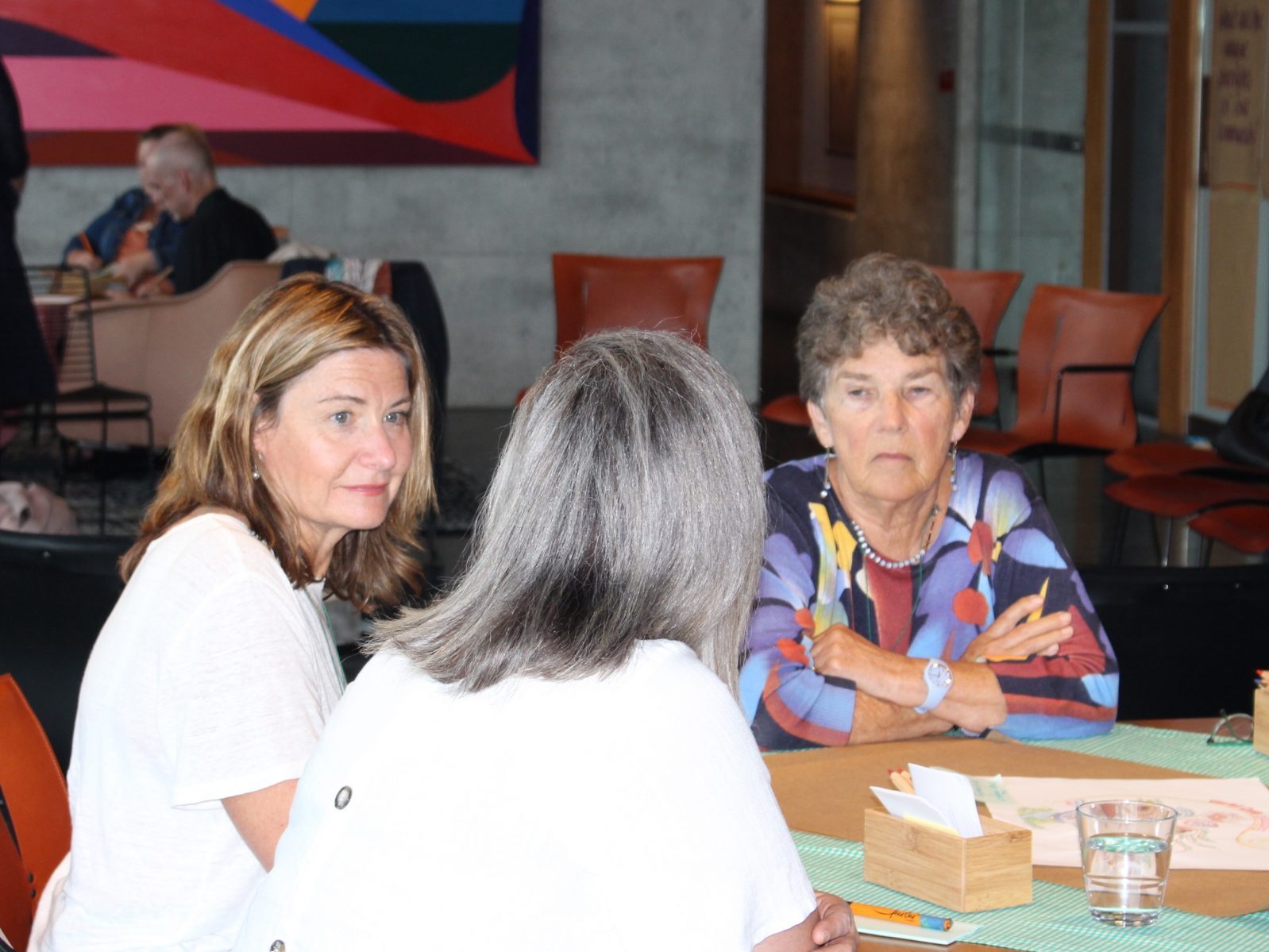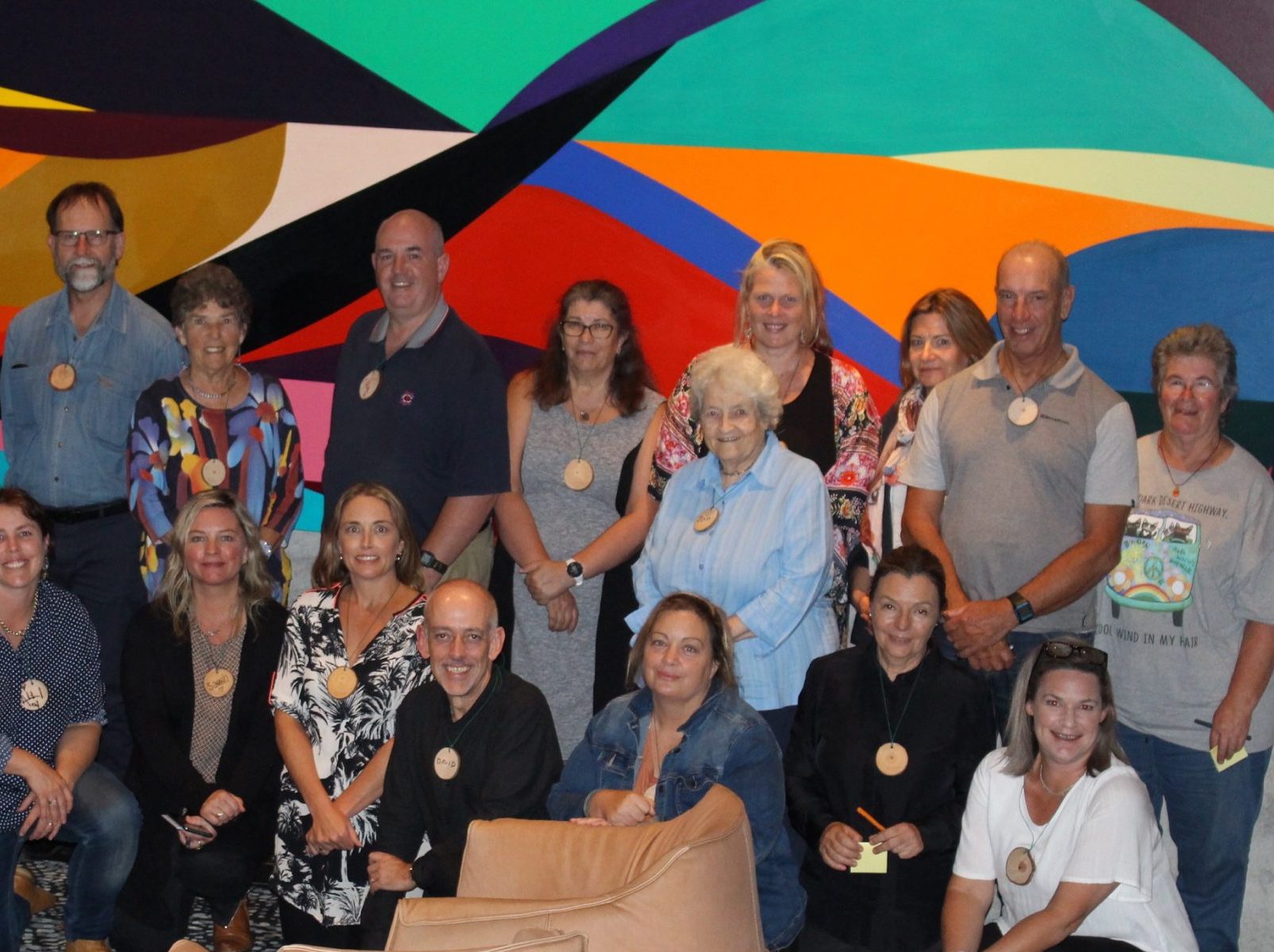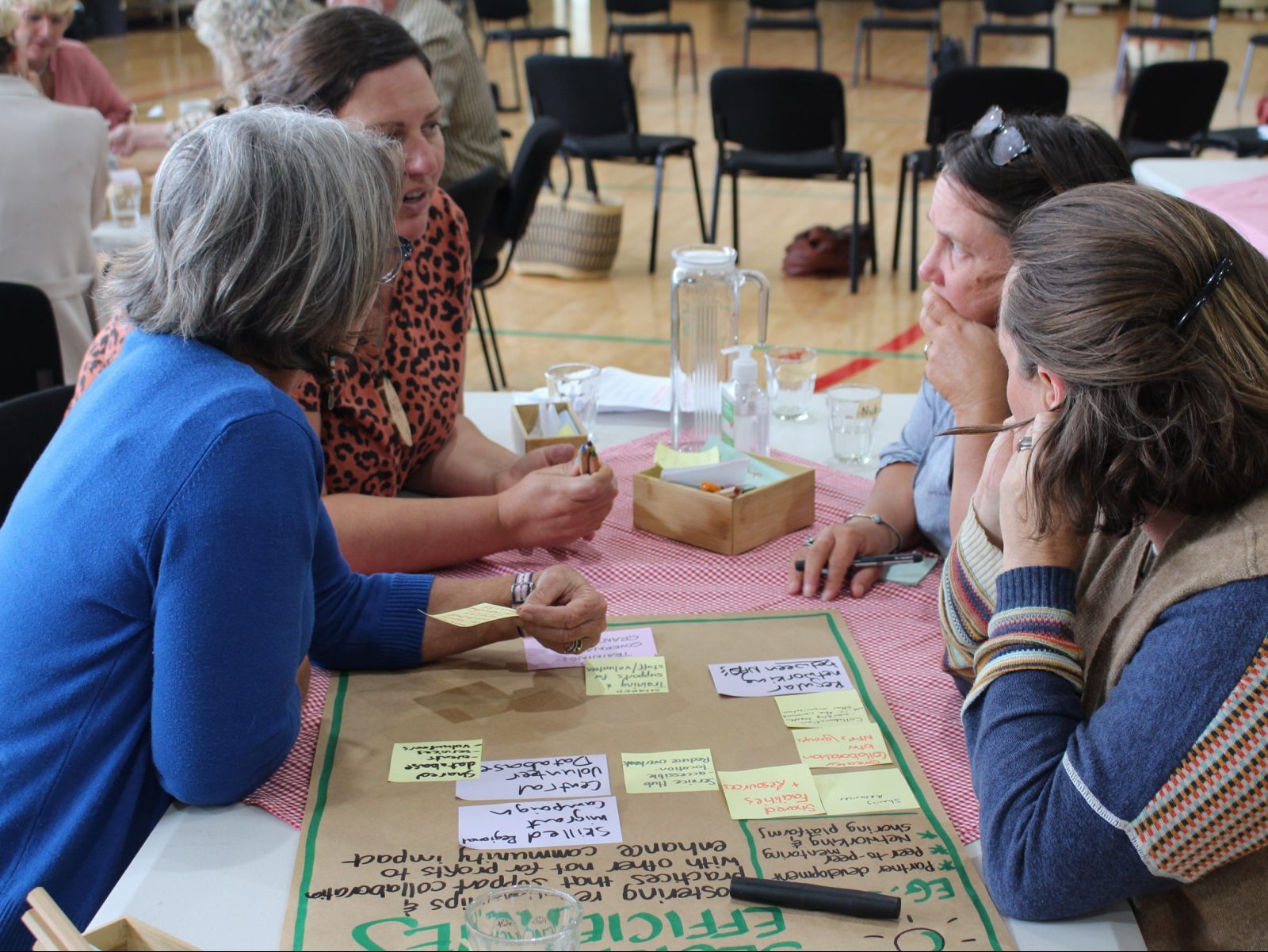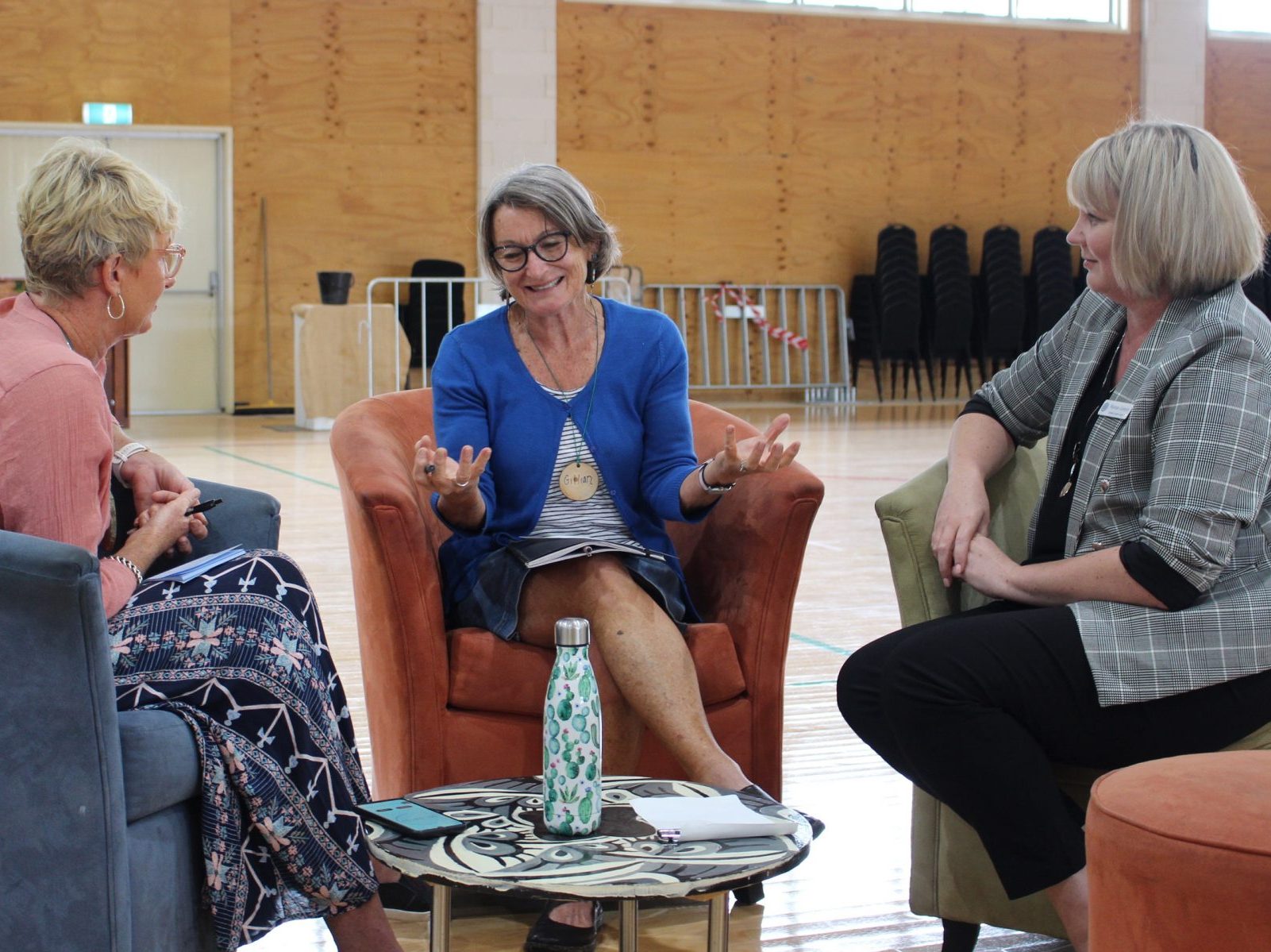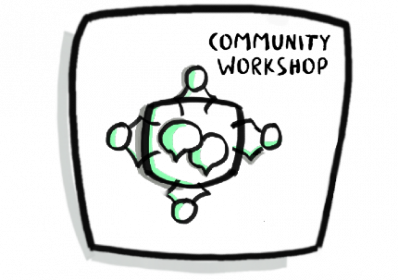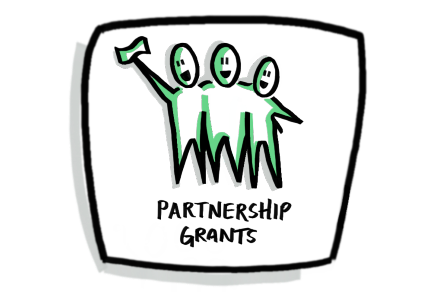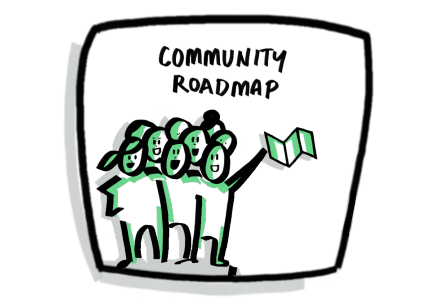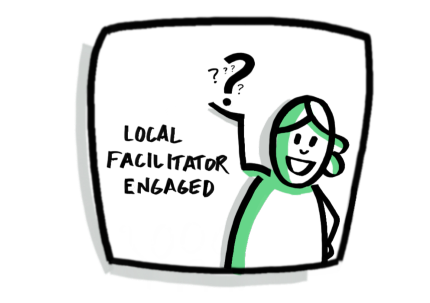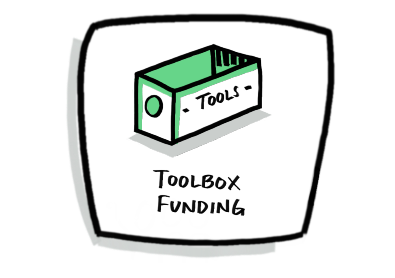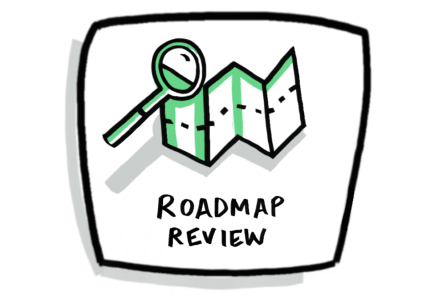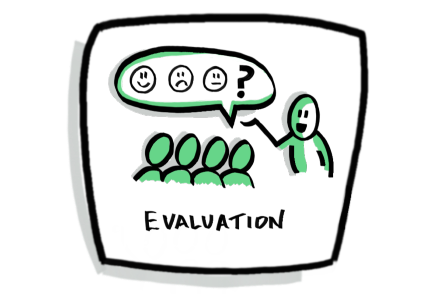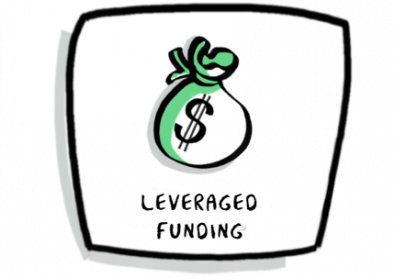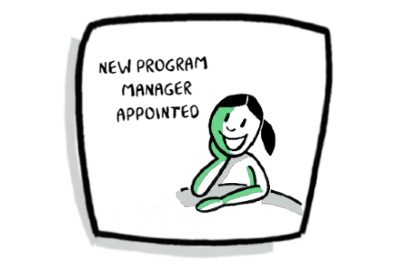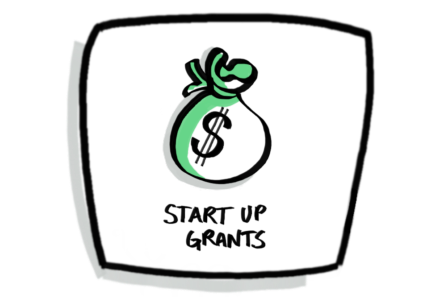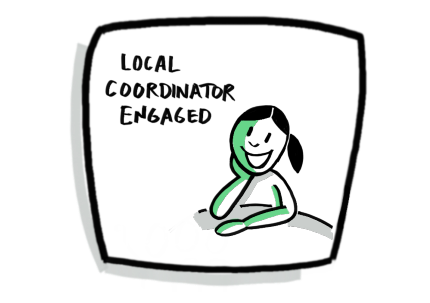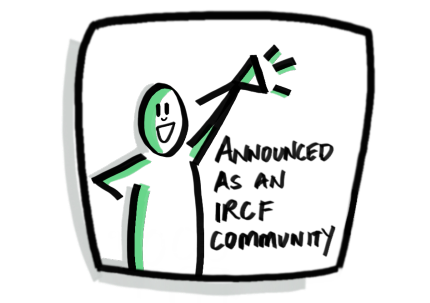Ulladulla IRCF Journey
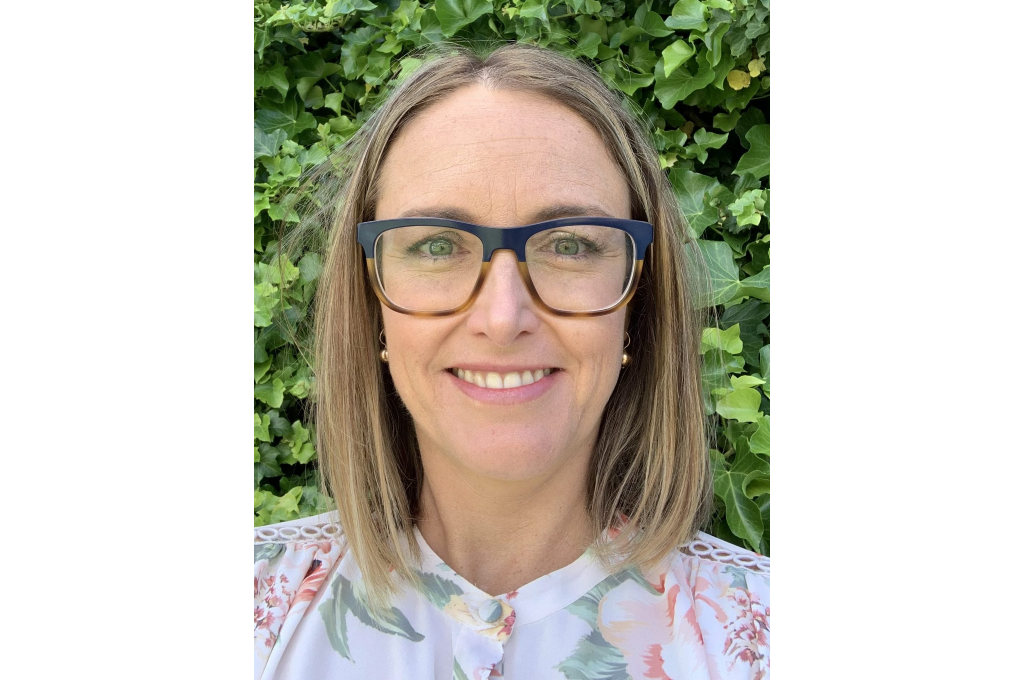
Welcome
Hi, I am Monique Carson, your IRCF community facilitator.
My role is to support the Ulladulla not-for-profits (NFPs) to build relationships, connect across Ulladulla, and work together on seeing through the Community Roadmap to successful completion of a shared vision for Ulladulla.
Contact:
Monique Carson -Ulladulla IRCF Community Facilitator
0408 645 847
Proudly supported by

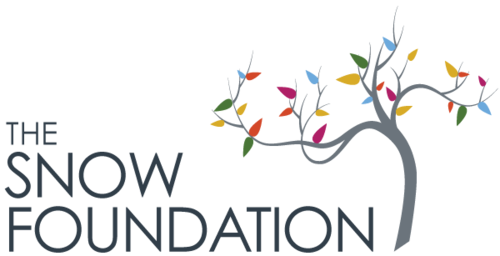

Ulladulla IRCF Goals
Ulladulla is situated on the South Coast of NSW, on the lands of the Yuin nation. The IRCF program in Ulladulla includes the coastal communities of Ulladulla, Milton, Mollymook, Narawallee, Lake Conjola, Bendalong, Manyana, Burrill Lake, Dolphin Point, Tabourie, Bawley Point & Kioloa.
Their combined population is more than 20,000, with more than 30 not-for-profit organisations supporting the community.
The community roadmap articulates the goals decided by the community, for the community. Applications for funding should be for projects that align with the goals found in the community roadmap.
Community Roadmap
2023 Ulladulla Community Roadmap
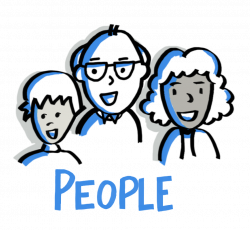
project funding
Developing leadership capabilities, a renewed sense of community spirit and fostering skill development to create strong organisations that bring together various leaders, groups and residents.
- Mentoring program for volunteers
- Training in mental health and trauma
- Induction of training of new members
- Wellbeing program for our people
- Recruitment pathways (specifically for youth volunteers)
- Shared recruitment strategy & resources for qualified staff
- Recruitment pathways for volunteers
- Removing barriers to participation within organisations (new)
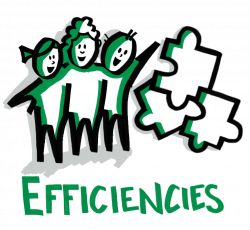
project funding
Fostering relationships and practises that support efficient and effective collaboration with other not-for-profits to enhance community impact.
- Organisations share resources (equipment, space, group buy essentials)
- Organisations are well positioned & supported to apply for grants
- Organisations have a clear picture of skills & deficiencies
- Storytelling – capture and share stories of how organisations are getting stronger (new)
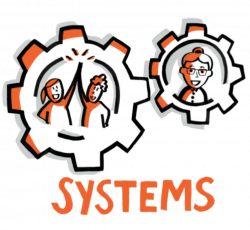
project funding
Supporting community leaders to input new insights and energy to effort by providing lessons, systems and structures that demonstrates best practice.
- NFPs that network and share
- Raise awareness of local groups and services (updated)
- Modernised IT & accounting systems to meet compliance
- Committee development program (orgs have governance training & coaching support)
- Well established NFPs helping smaller and new groups
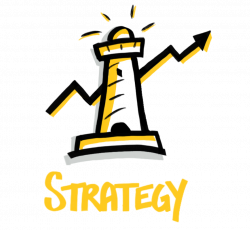
project funding
Providing tools and measures that support and enable the sustainability of organisations well into the future.
- Support organisations to create strategic plans for growth
- Build capacity for project leadership and co-design
- Organisations that advocate for systemic challenges
FRRR Contribution
$396,782
Partnership Grants
$20,980
Toolbox Funding
WHAT HAS HAPPENED TO DATE AND WHAT IS ON THE HORIZON
Click on the arrows on either side of the page to move back and forth through the activities

Evaluation – NFP Health Check
The IRCF program is being independently evaluated by our delivery partner Matrix on Board for the life of the program. As part of this evaluation, FRRR is measuring the change and impact of the program at three different levels, this is being measured by using a series of tools.
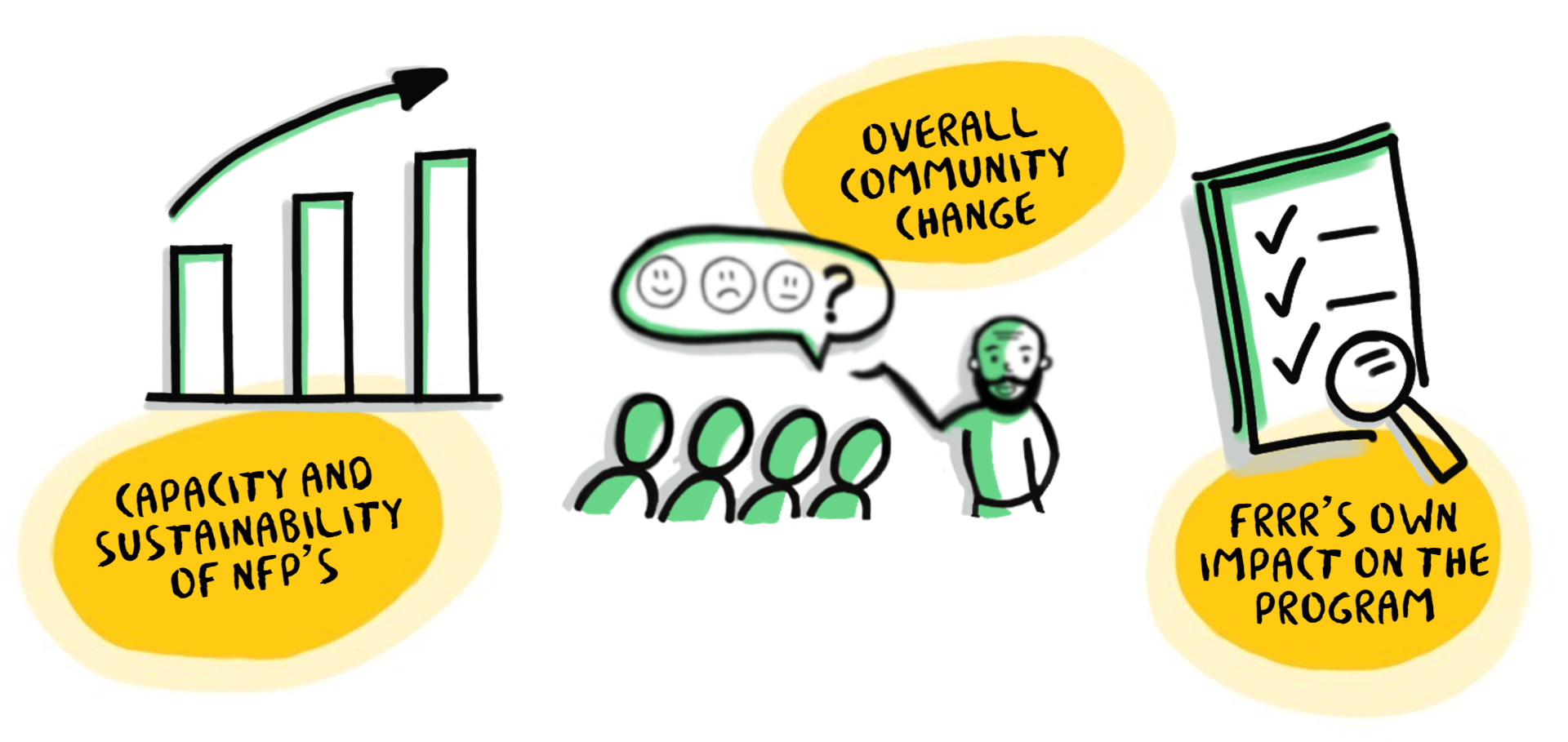
There are three components to the evaluation of the IRCF program:
1. The change and impact on the capacity and sustainability of the individual NFP organisations involved in the program. One of these tools is an organisational self-assessment for committees to collectively discuss the current health of their organisation. It was designed specifically for the program looking at the four pillars of Strategy, People, Systems and Efficiencies. The assessment measures each pillar using a 5 point scale out of 12 areas of organisational competency, giving organisations a score out of 60, we are using a mean of this score across the funded organisations to monitor an overall health of these organisations and to track any impact, the program may have. All funded organisations take part in the self-assessment. These assessments are undertaken every twelve months, with an additional one-on-one interview with each organisation.
2. The impact of the program on overall community change as a result of the work of the organisations. This will be measured through the engagement of all organisations in the community through a Community Workshop facilitated by the Evaluation Team using the Harwood Index. In each community there has been a range of external individuals to the project selected that meet with the evaluation panel every 6 months for breakfast to discuss the impact IRCF is having.
3. FRRR’s own impact on the program. Most of this performance is in the form of measurable data such as dollars spent, the number of organisations who have been able to participate in the program and the number of people impacted by the programs/projects delivered. Reporting and interviews are employed to capture the effectiveness and impact of the Community Facilitators employed to support the organisations.
We acknowledge and extend our appreciation to the Traditional Owners of the land, the Yuin people, on which Ulladulla is located and the Traditional Custodians of the lands on which we work, play and live.
We pay respect to their ancient and continuing cultures, their connections to the land, and to the Elders, past, present and emerging.




